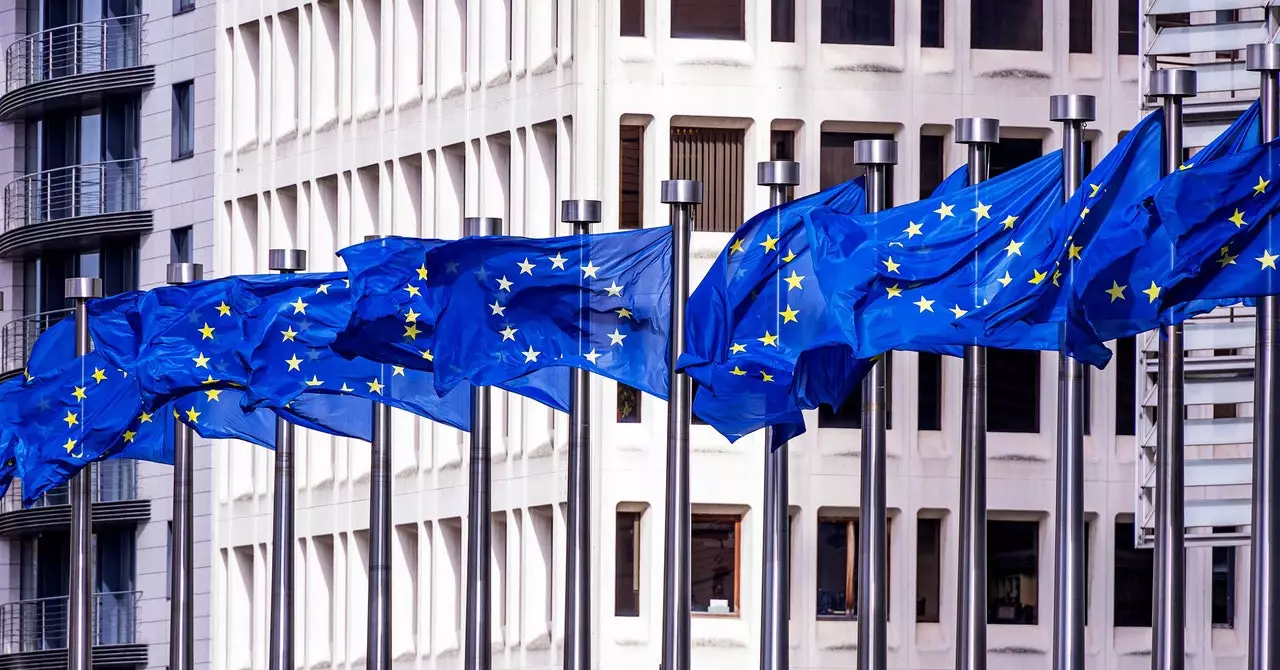The European Commission has set its sights on Bing, Microsoft’s search engine, due to suspicions of improper moderation of content generated by AI systems such as Bing, Copilot, and Image Creator. The Commission believes that this negligence may have violated the Digital Services Act (DSA), an important piece of digital legislation in Europe. The investigation was prompted by concerns over the spread of hallucinations, deepfakes, and attempts to influence European Parliament elections. With the elections approaching, the urgency of the situation cannot be overstated.
This isn’t the first time the European Union has taken action against major tech giants. In the past, Google, Meta, and Apple have all faced fines for various breaches. However, the approach seems to be changing. Rather than resorting to sanctions immediately, the European Commission is now focusing on understanding how these companies operate and making necessary changes before imposing penalties. The Digital Services Act aims to bring transparency to algorithms, combat online harassment and disinformation, protect minors, prevent user profiling, and eliminate dark patterns on the web.
The European Commission has identified 22 major companies, including Google, YouTube, Meta, Bing, and others, as its initial targets for regulatory efforts. The goal is to ensure compliance with digital regulations and transparency in operations. Recent investigations into companies like Meta and Bing demonstrate the Commission’s commitment to enforcing these rules and holding tech giants accountable for their actions.
In addition to the Digital Services Act, other key legislations such as the Digital Markets Act (DMA), the AI Act, the Data Governance Act (DGA), and the Data Act play crucial roles in regulating the digital landscape in Europe. These laws address issues related to data protection, artificial intelligence, market dominance, cybersecurity, and digital identity. The European Commission is determined to create a comprehensive framework that ensures the responsible use of technology and protects the rights of individuals.
While the European Commission’s efforts to regulate big tech companies are commendable, challenges remain. The complexity of digital regulation, the rapid pace of technological development, and the global nature of tech giants pose ongoing challenges for regulators. Despite successful actions like ByteDance’s suspension of certain features on TikTok Lite, the future remains uncertain. The EU’s digital bureaucracy is vast and intricate, requiring continuous adaptation and enforcement to keep pace with the ever-evolving digital landscape.


Leave a Reply